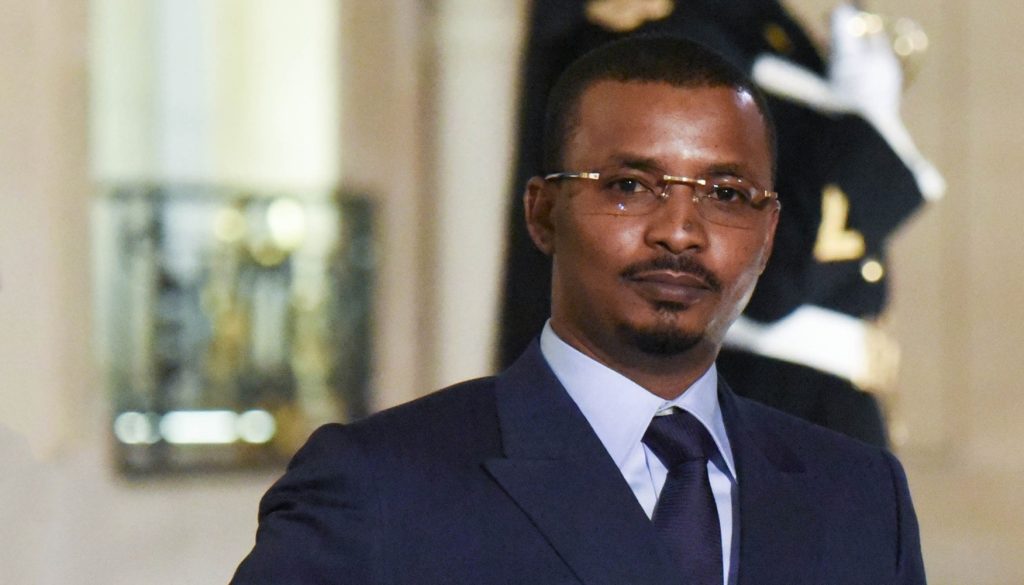On December 17, over eight million Chadians are set to vote in a referendum on a new constitution, as announced by the National Commission responsible for organising the constitutional referendum.
General Mahamat Idriss Déby Itno appears to have an advantage in the constitutional referendum, as the government did not adhere to the recommendation of the national dialogue, which suggested allowing the people to choose the form of the state. While a faction of the opposition supports federalism, only a proposal for a unitary state, backed by the government, is on the ballot.
In N’Djamena, posters endorsing a “yes” vote for a constitution outlining a “unitary and decentralized state” cover the walls. This is notably similar to the constitution repealed by the military in 2021, solidifying a regime where the head of state holds the majority of power.

The “yes” campaign appears to be in a strong position, with the government leading an influential campaign that suppresses the “no” campaign. The campaign also relies on the support of Succès Masra, an opposition figure who signed a tentative agreement with the military in late October. This alliance poses a significant challenge to a fragmented opposition that has faced violent repression for over a year.
The constitutional referendum marks the final step towards the elections promised by the junta, which has been in power since 2021.
The two primary opposition platforms are calling for a boycott, displaying posters that read “Stop the Referendum” with large red crosses. They hope that a low voter turnout will delegitimise General Mahamat Idriss Déby Itno, whom they accuse of perpetuating a 33-year “Déby dynasty.”


